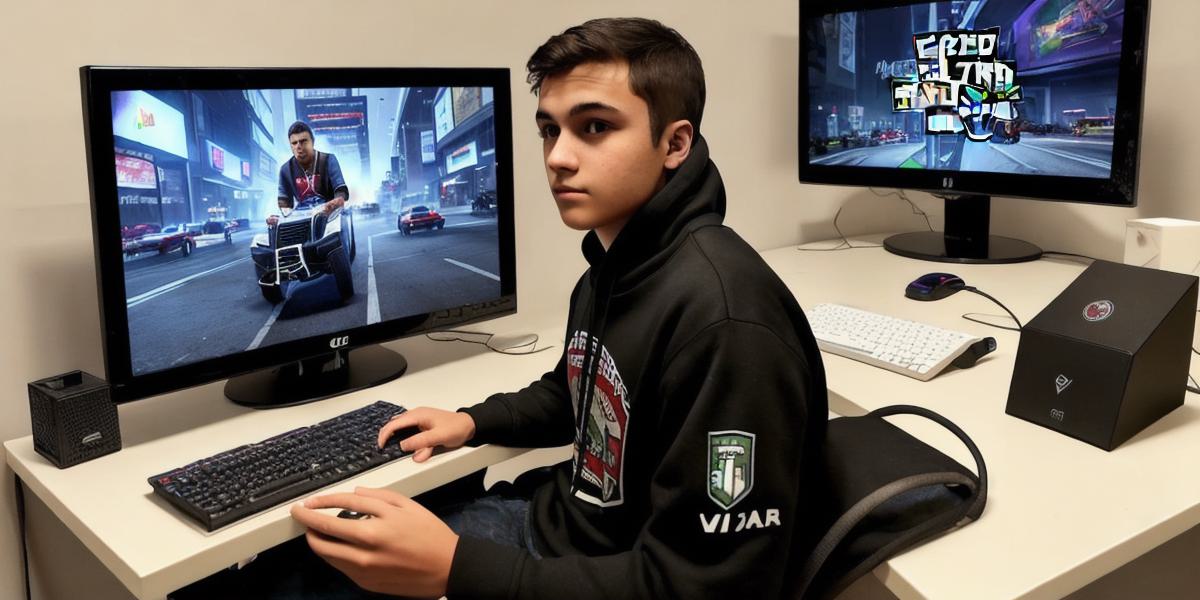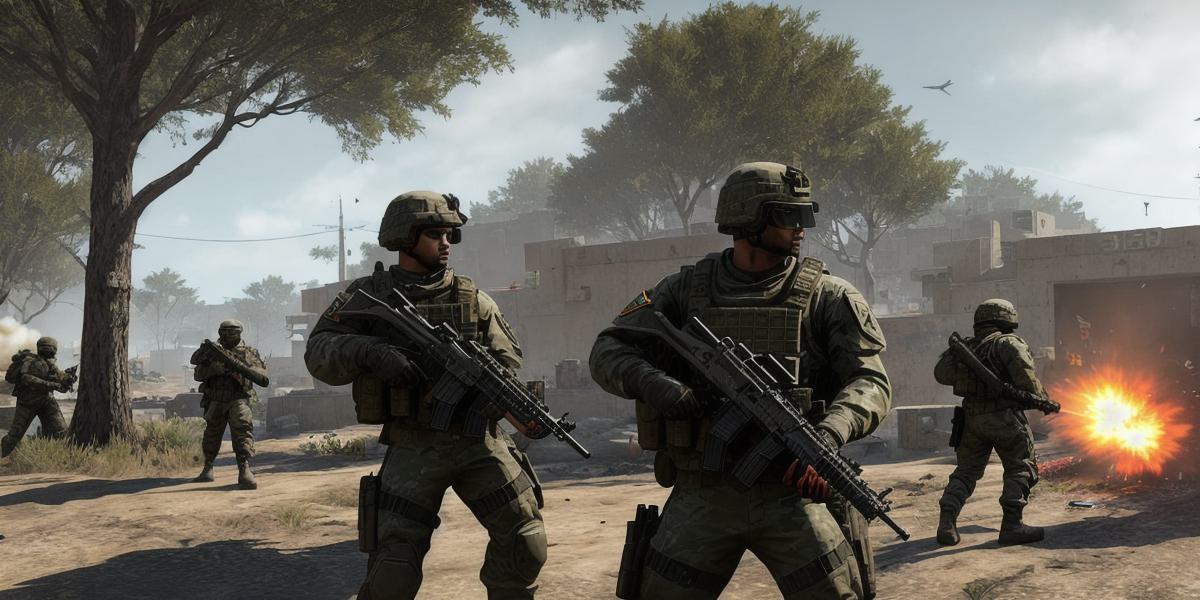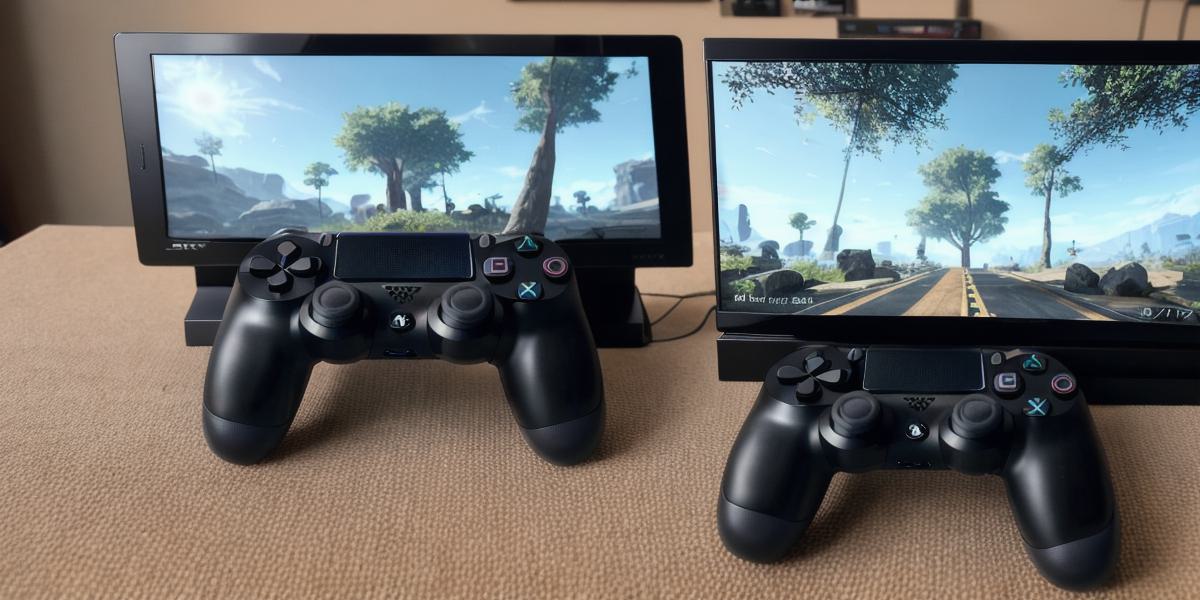Introduction:
As technology advances, the age range for gamers has expanded beyond just children and teenagers. But is it appropriate for a 17-year old to play GTA 5? In this article, we will explore both sides of the argument and provide expert opinions from industry professionals.
Pros:
- Maturity: A 17-year old may have more life experience and maturity than younger children, allowing them to handle the violent nature of GTA 5.
- Learning Opportunities: Playing GTA 5 can teach players about driving skills, map reading, and strategic thinking.
- Socialization: Gaming has become a social activity, allowing teens to connect with friends and make new ones online.
Cons:
- Violence: The violent nature of GTA 5 may not be suitable for all teenagers, potentially leading to desensitization to violence.
- Addiction: Gaming can become addictive, causing teenagers to neglect their studies and social lives.
- Parental Controls: Parents may have difficulty controlling what their 17-year old child is playing or how much time they are spending on gaming.
Expert Opinions:
Dr. David S. Shaw, a pediatrician at Harvard Medical School, warns against allowing teenagers to play violent video games, stating that "they can lead to aggressive behavior, desensitization to violence and other negative effects."
On the other hand, game designer Clifford Surney argues that "video games have the potential to teach valuable skills and promote social interaction. As long as parents are involved and set boundaries, there is no reason a 17-year old can’t play GTA 5."
Conclusion:
Ultimately, it is up to parents to decide whether their 17-year old child should play GTA 5 or not. They must weigh the potential benefits and drawbacks and monitor their child’s gaming habits closely. However, with proper guidance and restrictions in place, GTA 5 can be a fun and engaging experience for teenagers.
FAQs:
-
What are the age ratings on GTA 5?
GTA 5 has an M rating for mature audiences only. -
Can parents control what their child is playing?
Yes, parents can use parental controls to limit what their child is playing and how much time they spend on gaming.



